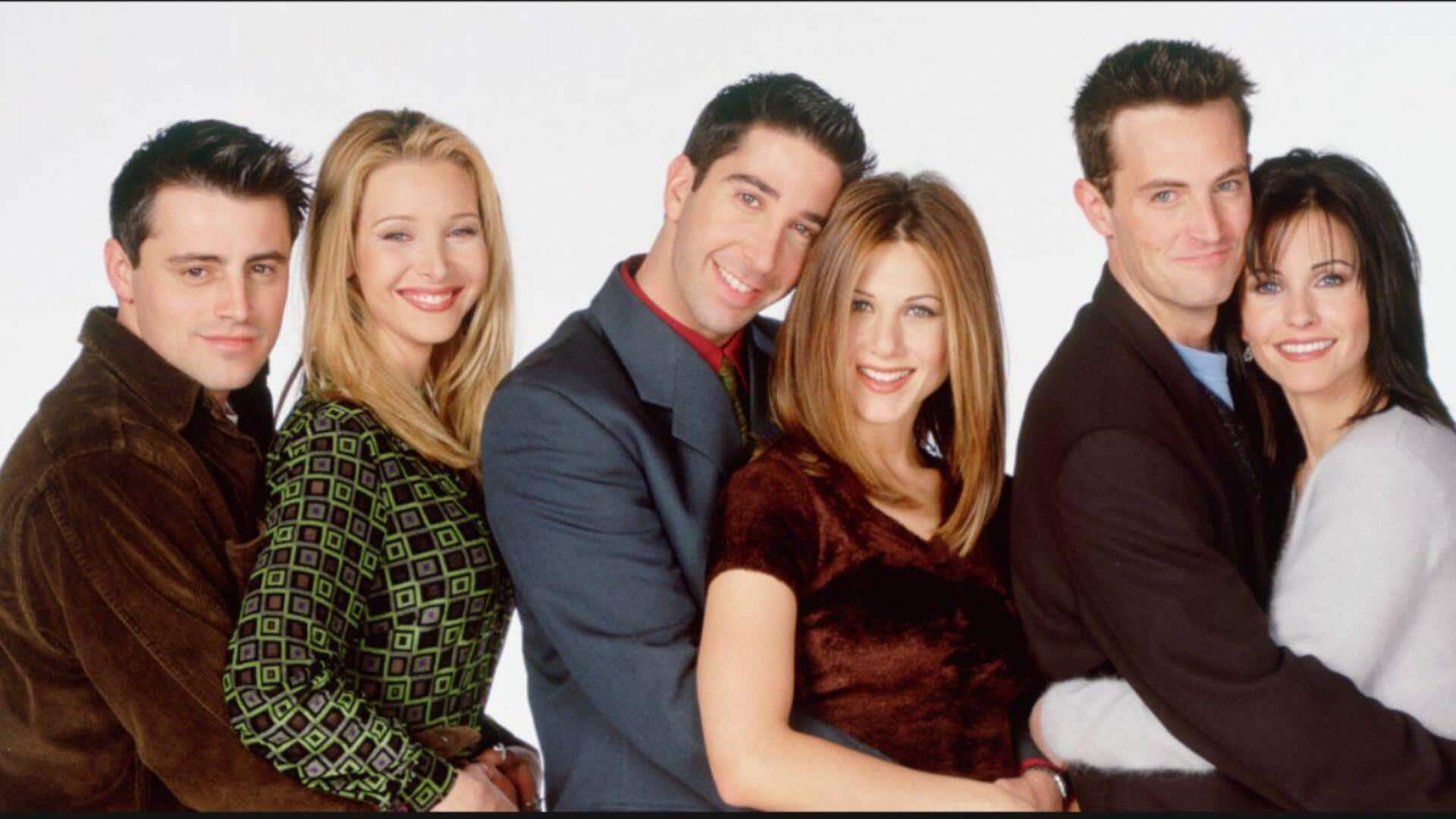
5 behind-the-scenes 'F.R.I.E.N.D.S' facts you probably didn't know
What's the story
F.R.I.E.N.D.S, the iconic television series, has made a permanent mark on the hearts of audiences around the world. While most of us are aware of its unforgettable characters and the catchy theme song, there are more unknown facts about what went on behind the scenes. Here are five fascinating behind-the-scenes facts that fans might be surprised to know.
Salary talks
The cast's negotiation for equal pay
In a never-before-seen move in television at the time, the lead cast of F.R.I.E.N.D.S stood together and negotiated for equal pay. By season three, they were all raking in $75,000 per episode apiece. This solidarity amongst the cast set a benchmark in Hollywood and showed how close they were off-screen, too.
Set secrets
The iconic orange couch
The famous orange couch from Central Perk was found in the basement of Warner Bros. Studios. It became a part of the show's set design and is instantly recognizable to fans across the globe. Its presence added to the cozy atmosphere of Central Perk, the place where many pivotal scenes took place.
Naming decisions
Alternate titles considered
Before landing on F.R.I.E.N.D.S, several other titles were also considered for the show, including Insomnia Cafe and Six of One. These alternate titles showcase different creative directions that were explored during development. However, they never managed to capture the essence as well as F.R.I.E.N.D.S did.
Character origins
Real-life inspirations for characters
Some characters of F.R.I.E.N.D.S were based on real-life people known to creators David Crane and Marta Kauffman. For instance, Ross Geller was inspired by Crane's own life. This method of character creation added a layer of authenticity and depth to the show, making the characters relatable and their journey more nuanced over the ten seasons.
Worldwide reach
The show's global impact
Though its setting is New York City, F.R.I.E.N.D.S has managed to win hearts globally with its themes of friendship and humor, which are universal. It has been translated into multiple languages, making it a popular choice on reruns and streaming platforms even years after its original run ended in 2004. This global phenomenon highlights the show's timelessness and continued relevance across cultures and demographics.